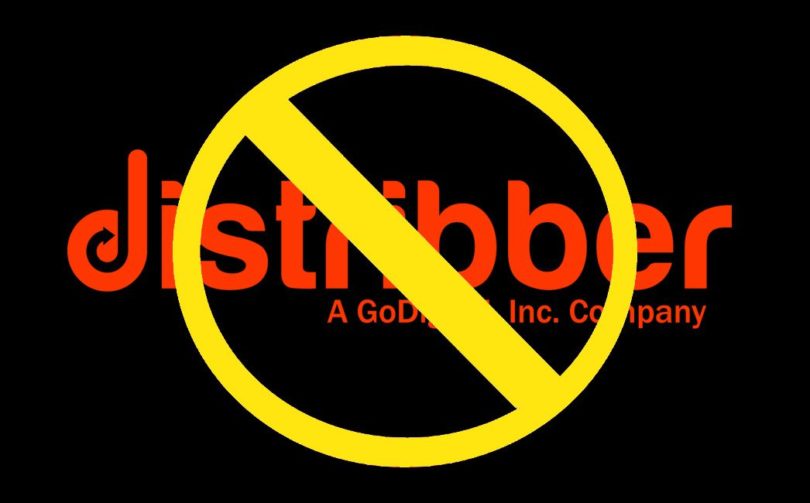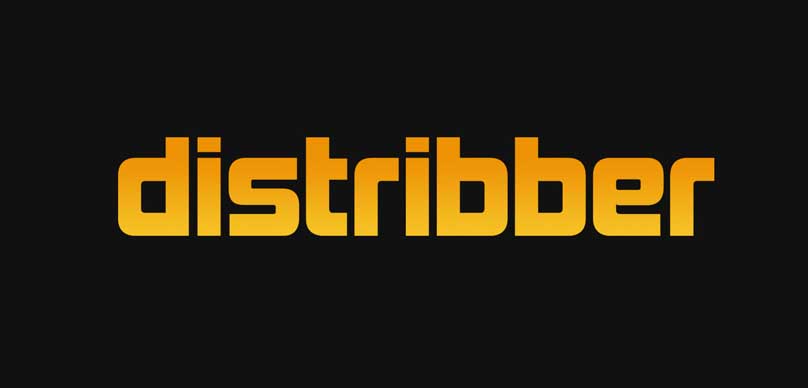Right-click here to download the MP3
I wanted to release this Facebook LIVE event to the tribe to give them some MAJOR updates on the Distribber/Go Digital debacle. I was on the phone for two hours with Seth Freeman of Glass Ratner, the firm handing the liquidation. I do some mythbusting and drop some painful truth bombs in the episode.
LINKS
- Varity Distribber – Article
- Indiewire Distribber – Article
- A Warning About Film Aggregators & the Future
SPONSORS
- Bulletproof Script Coverage – Get Your Screenplay Read by Hollywood Professionals
- Audible – Get a Free Filmmaking or Screenwriting Audiobook
- Rev.com – $1.25 Closed Captions for Indie Filmmakers – Rev ($10 Off Your First Order)




